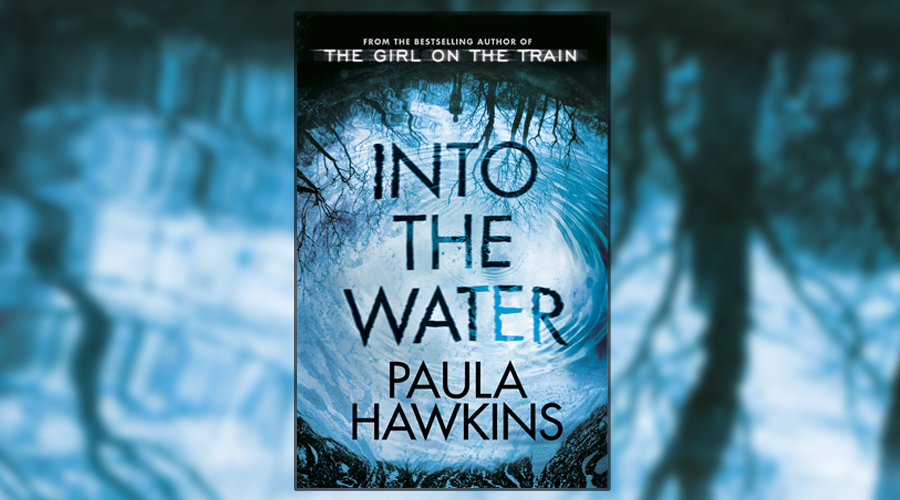Book Review: Into The Water by Paula Hawkins

Paula Hawkins’ Into the Water has the unfortunate luck of being the follow-up to one of the best-selling books of the last decade, so a lot of people will be reading it with a very critical eye wondering if The Girl on the Train was just a fluke. As it stands, it wasn’t. With Into the Water, Hawkins has crafted another captivating, attention-grabbing story populated by unreliable narrators blindly sharing their own questionable stories, so it’s a shame that it will invariably be compared to the debut that preceded it – and inevitably end up coming up short.
From the very first page, where the scene depicts the chilling death of a girl named Libby, Into The Water isn’t shy about launching its readers into the deep end, setting up the idea of Beckford, the Drowning Pool and its “troublesome women” from the get go. Nel Abbot is one such woman, and it’s her apparent suicide in the Drowning Pool that stirs up the community’s troubled history and kicks off the narrative of this novel.
Nel’s death leaves her 15-year-old daughter Lena motherless and brings her estranged sister Jules back home to the place she never wanted to return to, but Jules and Lena are just two voices telling their side of the story, and the investigation into how Nel ended up at the bottom of the river she loved so much brings together the perspectives of several residents, challenging all the lies that have been told and all the secrets that have been kept for decades in the process.
“There are people that are drawn to water, who retain some vestigial, primal sense of where it flows. I believe that I am one of them. I am most alive when I am near the water, when I am near this water.”
The intrigue is there from the very beginning, piecing together different characters’ perspectives and suspicions though multiple narratives, past and present. In fact, there aren’t many people in this novel who don’t get the chance to tell their story – whether it’s the detective leading the investigation or the younger brother of a troubled teenager who met the same fate as Nel a few months before the novel opens, if any character has interacted with the river in any way, they get a chance to talk here. But aside from Jules’ unique second-person narrative, as she talks directly to her dead sister Nel, and Lena’s wild, angry, juvenile voice, differentiation between each of the voices involved is largely non-existent, which ruins a bold idea with a largely monotonous execution.
But the real downside of this isn’t even in the difficulty of remembering who Louise is related to or wondering why Helen is involved anyway, it’s that the accounts are so similarly written that it really doesn’t matter who’s doing the telling at all. Maintaining the mystery is all well and good, but the way Paula Hawkins has gone about it here only serves to heighten the realisation that the sole purpose of having so many points of view is to mislead the readers, and not even be subtle about it.
Even so, there is a lot to like about Into The Water, and as a summer thriller it remains a compulsive read that contains more twists and turns than the river at the centre of it all. The town’s troubling history as a suicide hotspot is teased out both by the tales told by the residents in the present day and through the brief snapshots that delve into the dead women’s last moments, all brought together by a book Nel was writing about the Drowning Pool. The result is a complex construction of lives, deaths and unreliable histories, as told by the survivors, but it serves its purpose well enough by giving the readers just enough information as they go to keep turning the pages and desperately try to puzzle together the nuggets they’ve been given.
There’s no doubt that Into The Water can look forward to a summer spent topping bestseller lists – and, for the most part, deservedly so too. Hawkins’ second novel is the perfect summer companion novel, offering a chilling story and an engaging mystery that’s maintained right up until the final page in an all-too-rare instance of a conclusion feeling both jarring and completely right. But, considering what came before, it can also feel just a little too orchestrated and a little too contrived to lose yourself in completely.
★★★★
Into The Water was published by Doubleday on 2 May 2017


